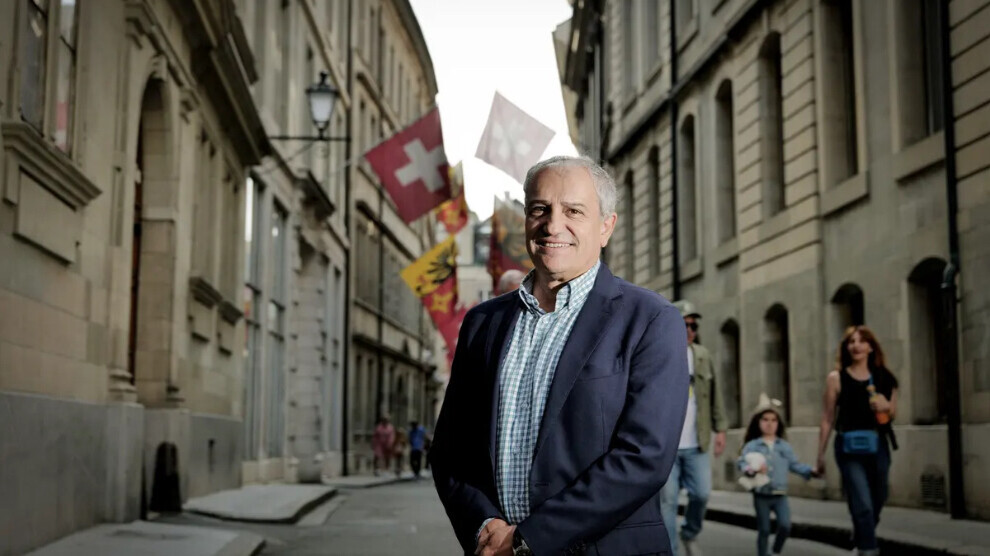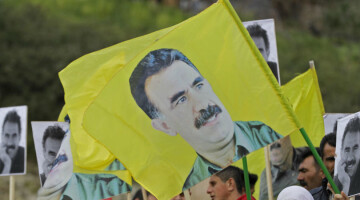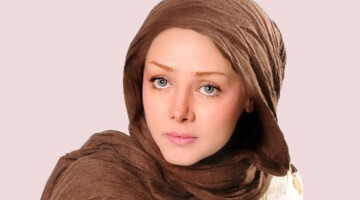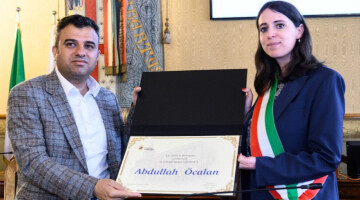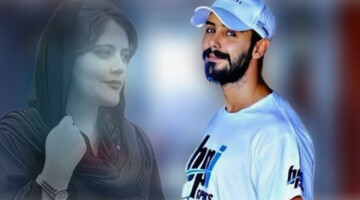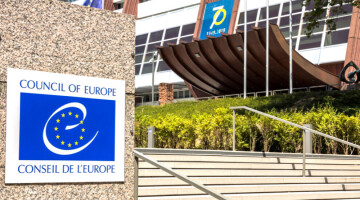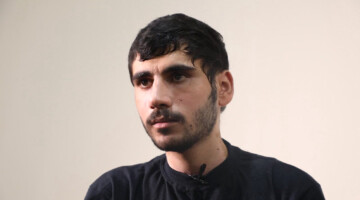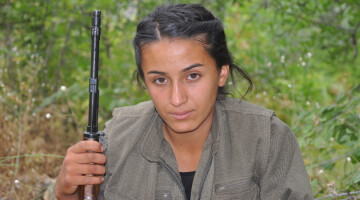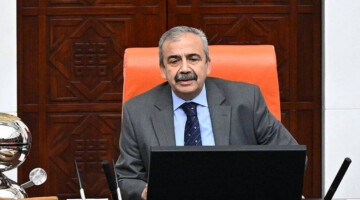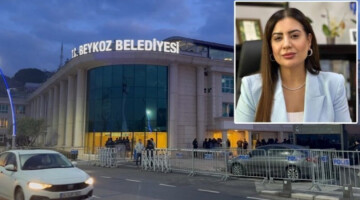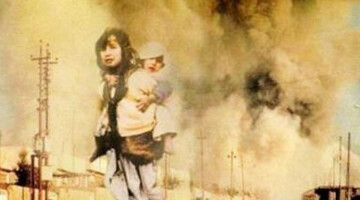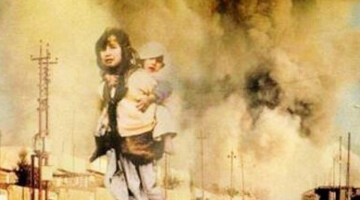On Sunday, the people of the Canton of Geneva went to the polls in the second round of elections to elect the members of the municipal administrative councils (Conseil administratif) of 24 of the 45 municipalities. Following the first round on 23 March, the candidates who did not win an absolute majority competed in the second round today. The elections for the City of Geneva are being closely followed not only locally but also internationally.
The 5-person Geneva Municipality Governing Council is the city’s executive body. Each member acts as a "minister" responsible for different policy areas in the city – social services, environment, security, infrastructure, culture, economy and urban planning, etc. This Council, which is highly influential in decision-making processes, shapes both the daily life and the long-term development of Geneva.
Among the candidates competing for these critical posts, the alliance of left-wing parties has achieved great success. According to the initial results, incumbent mayor Christina Kitsos from the Socialist Party (SP) came in first with 17,014 votes. Alfonso Gomez from the Green Party followed with 14,950 votes. Other names elected to the Governing Council were Joëlle Bertossa from the Socialist Party, Marjorie de Chastonay from the Greens and Marie Barbey-Chappuis from the Centre Party.
With these results, the left-wing alliance has maintained its majority on the Geneva Municipality Governing Council. The names elected to the Council will have a say in the decisions that shape the global position of Geneva, one of Europe's most important diplomatic centers.
In Geneva, a city of international significance and home to more than 190 nationalities, the migrant vote plays a decisive role in shaping the outcome of the elections. Migrants who have acquired Swiss citizenship and those who have been legally residing in the city for at least eight years are eligible to vote.
Among the most politically active communities in the city, the Kurdish population and democratic groups from Turkey play a significant role in the electoral process.
A few days before the elections, ANF spoke with Alfonso Gomez, a candidate for the Green Party and current member of the Geneva City Administration Council.
What is the significance of the results from the first round on 23 March, where you placed second, and of the second round on 13 April for the city of Geneva?
I came in second after the current mayor, Christina Kitsos. This outcome is very positive for us. The results of the first round clearly show that left-wing candidates are being received positively and supported by the electorate.
Given that we are witnessing a resurgence of reactionary and far-right ideologies across many countries, including Switzerland, and in many cities, these results are especially meaningful. This election is extremely important, and even more so for Geneva. While a hardline right-wing majority is gaining ground at the national level, cities continue to resist and remain left-leaning. At the same time, we are seeing the right gaining power in the cantons.
That is why it is crucial for Geneva, Switzerland’s second-largest city, to remain on the left and be governed by a progressive executive board. Geneva stands for international solidarity, progressive values, and a strong commitment to protecting the environment. Its international character, along with its role in the United Nations (UN), non-governmental organizations, and the field of human rights, makes this election all the more critical. I truly hope this election results in a significant victory for progressive forces.
Geneva is a multicultural city that is home to many migrant communities. In this context, how important is it for migrants to participate in the elections?
Unfortunately, in my opinion, these elections are not being taken seriously enough by the migrant population in the city. As you know, in Geneva, foreign nationals who have lived in the city for at least eight years are eligible to vote. However, we observe that overall voter participation is low. What is even more concerning is that participation among eligible migrants is significantly lower than among Swiss citizens. Today, the general voter turnout stands at around 30 to 33 percent. But among migrants who have the right to vote, that rate falls below 20 percent. Given the rise of right-wing and populist rhetoric, the votes cast by migrants in these elections are extremely important.
One of the most active communities in Geneva is the Kurdish population and democratic groups from Turkey. How do you evaluate their political participation here? Given Geneva’s position, it is also a hub for political demonstrations by people from Kurdistan. They frequently organize protests to voice their demands. What role does the city government play in addressing these demands?
I would like to emphasize first of all that the Kurdish community in Geneva is very active. In fact, this somewhat contrasts with what I mentioned earlier about low electoral participation among migrant communities. The Kurdish community organizes frequent demonstrations and also takes part in elections. Of course, they should be even more active, and we need to see more elected representatives of Kurdish origin in Geneva. Today, their numbers remain far too limited. As Geneva considers itself a capital of human rights, it is of great importance that it responds to their concerns with sensitivity.
The city government must be attentive to these issues. As we have seen in the past, and as we are witnessing now, there are two countries in particular whose situations are deeply concerning. One of them is Syria. The experience in Rojava is extremely important for us. It is a powerful and forward-looking political experiment.
It is a progressive and feminist model emerging in an extremely volatile and dangerous context, where deeply reactionary forces are active. In addition, the situation of the Kurdish people in Turkey remains a long-standing issue. Authorities and progressive forces in Geneva have always expressed, and will continue to express, their solidarity with the Kurdish people. There are widespread violations of democratic rights in Turkey, and recent developments have made this very clear. In the Kurdistan region in particular, we are seeing a wave of attacks on democracy and democratic rights. Under the leadership of Recep Tayyip Erdoğan, reactionary forces are removing democratically elected mayors from office — and this, of course, is completely unacceptable to us.
Kurdish People’s Leader Abdullah Öcalan recently made a historic call for the democratic resolution of the Kurdish question. You are also one of the signatories supporting the campaign launched to ensure this call receives a response. How do you evaluate this call by Abdullah Öcalan?
I view this call extremely positively. As you just mentioned, I am also one of the signatories supporting this call for peace. Geneva is not only the capital of human rights, but also a capital of peace. I always say this: Geneva’s doors are open to all those who want to talk about peace and engage in dialogue around it. Those who respect democratic rights and the right of peoples to self-determination are always welcome here.
Of course, I welcome Mr. Öcalan’s call. Because, unfortunately, the tragedy of the Kurdish people has continued for decades. A civil war and a war for freedom — and we must name it for what it is — have cost hundreds of thousands of lives and caused unspeakable suffering. Many Kurds have been forced to leave Turkey and have sought refuge in other countries, including Switzerland.
For this reason, every initiative in favor of peace and the recognition of the parties involved in the conflict is of the utmost importance. Because in order to achieve peace, one must at some point recognize the other side, acknowledge their demands, and engage in negotiations over the differences between the parties. That is why I support this call and the campaign that has been launched.
In addition, as a former member and delegate of the International Committee of the Red Cross, where I served for 15 years, I have closely followed what has happened in Kurdistan and have worked for the establishment of peace. I do this on behalf of past and present victims, and I hope that in the future there will be no more victims at all. Advancing on the path to peace is not a choice — it is a necessity.
Despite Abdullah Öcalan’s call, the Turkish state has not taken any concrete steps so far. What can be done to ensure this call leads to meaningful results?
The state of Turkey must come under pressure from the international community. Today, there are many institutions that continue to label the Kurdistan Workers’ Party (PKK) as a terrorist organization and push it aside. Yet at the same time, there is a call for the start of negotiations and for disarmament. In a way, there is a desire to move toward a peace process. That is why this approach must change, and for that to happen, the involvement of the international community is essential. As one of the signatories of this call, I welcome and support this clear desire for peace.
By signing this call, I also wanted to emphasize the following: many politicians from other countries are calling for pressure to be placed on Turkey, and they demand that this process be supported.
Today, we know that the Kurdish people want peace and are putting forward a proposal that is concrete — but not easy. After decades of conflict, laying down arms is not an easy decision. But they are taking this step in order to begin negotiations. And we, Together with peace advocates and international officials, we must do everything possible to bring Turkey to the negotiating table.
Abdullah Öcalan is currently trying to lead this process from prison. In light of international examples, how important is his freedom for the success of this peace process?
It is very significant that Mr. Öcalan is attempting to initiate negotiations even while imprisoned. Let us look at the example of South Africa. At that time, there was international pressure and widespread demand. The South African government began negotiations with Nelson Mandela while he was still in prison. Those talks not only led to Mandela’s release but also allowed the negotiation process itself to continue.
The release of Mr. Öcalan would not signal the end of the discussions. On the contrary, it would be an essential precondition for the beginning of meaningful negotiations. If you want to negotiate, at some point you must demonstrate good will by taking concrete steps. One of these steps must be the release of key political prisoners, starting with Mr. Öcalan. This would allow both parties to sit down at the table and ask: “How can we now move this process forward?”
However, I am concerned about the current stance of Mr. Erdoğan. That does not mean things cannot change, but for the moment, it is difficult to be optimistic.
Geneva is known for its role in international peace negotiations. Would you be willing to host a possible negotiation process between Turkey and the PKK?
Absolutely. If both parties are willing, we are fully open and ready to welcome them in Geneva. There is no doubt about that. In fact, we would be honored to take on such a role. We would provide all the necessary means to facilitate the progress of the talks. This willingness is not limited to the city government of Geneva. I truly believe that the cantonal authorities, and even the Swiss Confederation, would seize this opportunity and contribute to advancing the negotiations.
You mentioned the removal of many Kurdish mayors by the Erdoğan regime. Do you have any plans to visit Kurdistan in solidarity with them?
Absolutely. If I am re-elected, I will be serving as mayor one year from now. During my term, I am fully prepared to personally travel to Turkey and Kurdistan. I hope to carry out this visit in a spirit of peace and dialogue, and to explain the role that Geneva can play in this process. And if negotiations do not move forward, I want us, as Geneva, to do everything we can to help move the process along. As I have said before, peace also requires recognizing the other side and taking their demands into account. We will continue to stand in support of those demands.

